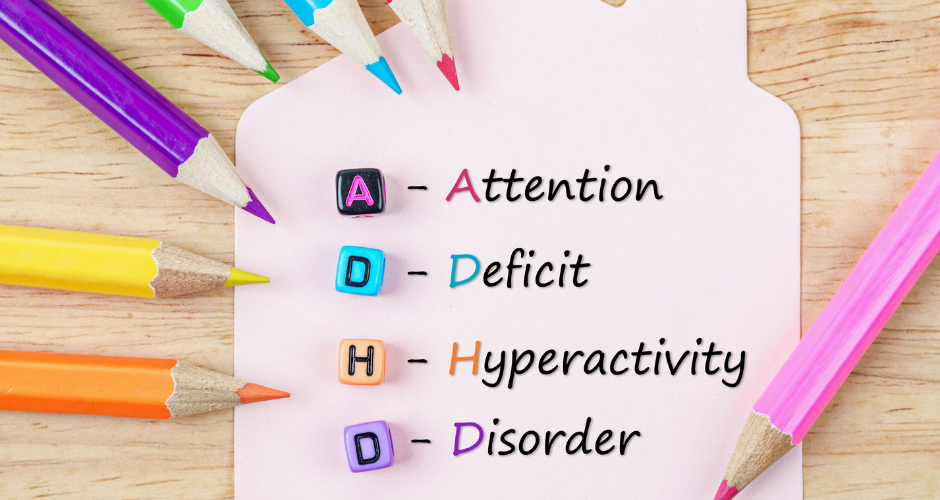Living with attention deficit hyperactivity disorder (ADHD) can feel overwhelming as many days will have more setbacks than successes. If you or someone you love has ADHD, you know it touches every aspect of daily life.
While addressing ADHD starts with a comprehensive evaluation and treatment and education plan geared specifically to that person’s needs, what you do on an everyday basis can have a significant impact on navigating living with ADHD.
Consider the following tips as part of your approach to ADHD.
Kick self-blame to the curb.
In most cases, ADHD is inherited and it affects certain areas of the brain. It’s not caused by laziness or bad parenting. Managing ADHD takes significant effort and a loved one’s support definitely helps.
Get schooled.
Learn everything you can about ADHD. Distinguish between reliable and unreliable sources of information. Avoid anything that promises quick fixes or solutions that are not based in science.
Stay positive.
Negative thoughts and words do nothing to improve the situation. Always focus on possibilities and keep your sense of humor.
Lean into strengths.
Everyone wants to have a sense of accomplishment, so identify strengths and explore them. Maybe it’s a sport, hobby or artistic talent. Find those places to excel.
Don’t sweat the small stuff.
Perfectionism is the enemy of progress. Focus on the big picture of moving forward and treat missteps like speed bumps. If you find yourself facing off on opposite sides of an issue, find a way to compromise.
Focus on positives.
Make a list of everything that’s uniquely wonderful about the person with ADHD. Most days, you’ll be striving to improve the things that are less than wonderful. It helps to repeat this list of positives often.
Learn the tools.
Several techniques can help with ADHD, so learn the tools – from setting clear expectations to behavioral techniques that provide strategies for changing behaviors.
Establish routines.
Simple predictable rituals for everything from meals to work tasks creates a reliable structure so everyone knows what’s expected and what to do.
Maintain balance.
Find the sweet spot between too much idle time and too many activities. Be willing to adjust as needed based on demands of particular activities.
Keep time.
Use clocks and timers for daily tasks, like getting ready in the morning.
Create a quiet place. A private space to decompress and be alone can be a sanity saver for the person with ADHD and loved ones.
Join a support group.
Local meetings are available in many areas. Go to CHADD.org to find a group near you.
Get outside.
Research studies have shown that spending time in nature can be beneficial specifically for those with ADHD, but it’s also good for the entire family.
Hit the hay.
Lack of sleep is hard on everybody, and especially for those with ADHD as overstimulation can make it hard to get good sleep. Work toward good sleep habits, such as eliminating caffeine, decreasing TV time and creating a calm routine before bedtime.
Eat well.
Avoid junk food and fatty and sugary foods. Keep meals on a regular schedule and focus on nutritious foods and snacks.
Establish special “together” time.
Do something fun with loved ones and make this a negative-feedback-free zone.
Praise often.
Notice successes, no matter how small. Recognizing these shining moments can boost self-esteem.
Affirm daily.
Express your unconditional love and support – out loud. Especially on the hardest days.
With no quick fix or simple antidote, ADHD can be challenging for kids, adults and their loved ones. Remember there is help available and your primary care provider can be a good resource if you or a loved one is struggling with ADHD.





